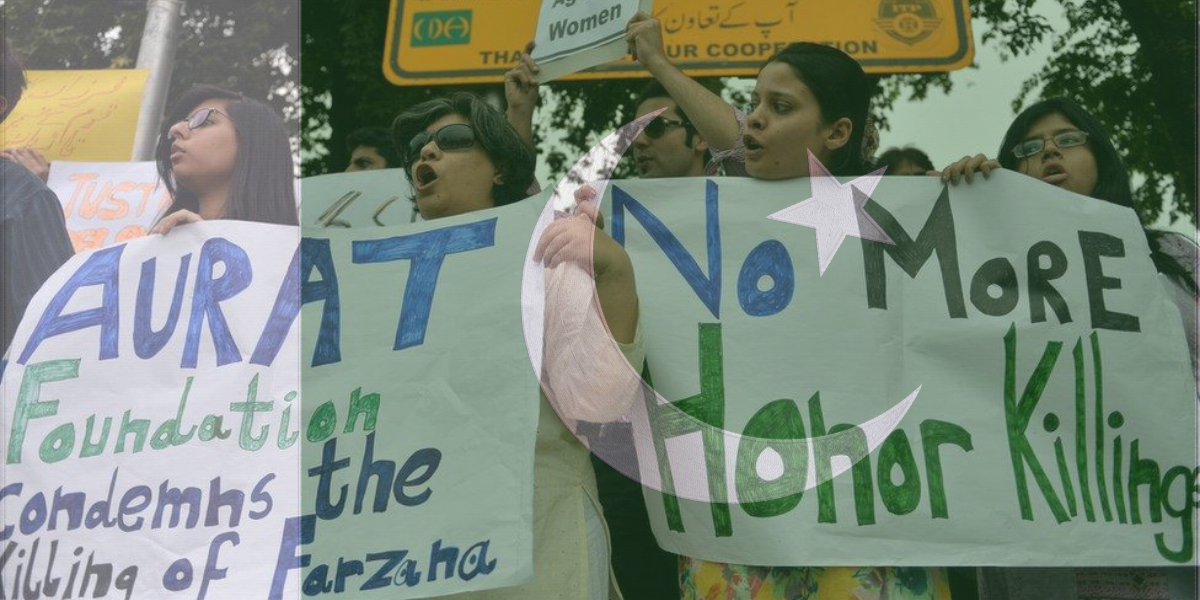This September, LOLA leaders appeared in 15 media outlets across Latin America, Brazil, and Asia—sparked conversations ranging from youth and women’s rights to the dangers of unchecked power.
They confronted Pakistan’s crisis of honor killings, explored Stoic ideas of freedom, analyzed Venezuela’s institutional struggles, and questioned the promises of “social justice.” Meanwhile, LOLA Brazil hosted a national leadership retreat, and LOLA Nepal trained young women in mental health resilience.
Throughout these pieces, LOLA is actively shaping the fight for freedom.
Featured Appearances
In the Name of Honor: How Many More?
Hareem Usman Lodhi, LOLA Haripur Leader, Pakistan
In an op-ed for The Friday Times, Hareem Usman Lodhi exposes Pakistan’s epidemic of honor killings through the tragic story of Bano Bibi, a young woman executed by a tribal jirga for marrying against tradition. Her piece underscores how cultural justifications of “honor” mask systemic violence that robs women of autonomy, dignity, and life itself.
Key points include:
🔍 How honor killings, defended as tradition, perpetuate terrorism against women.
🔍 Why rising cases signal a crisis of justice and governance in Pakistan.
🔍 The urgent need to confront cultural norms that prize family pride over human rights.
Lodhi’s message is straightforward: until honor killings are treated as crimes against humanity, women will continue to pay the price for a society that values reputation above life.
ORIGINS & GENEALOGY OF LIBERALISM | Chapter VIII: The Stoics and the Concept of “Freedom” (ESP)
Lourdes Romero, Regional Leader, LOLA Latin America
In the eighth chapter of her series on the intellectual roots of cliasical liberalism, Lourdes Romero explores how the Stoic philosophers shaped the ancient understanding of “freedom.” Born from crisis in the Roman Empire, Stoicism offered an ethical framework centered on autonomy, reason, and self-mastery as the true path to liberty.
Romero shows how Stoic thought connected freedom to inner autonomy and rational action, anticipating principles later echoed in classical liberalism. By rejecting dependence on external conditions, Stoics defended a vision of liberty rooted in virtue and alignment with nature.
Key points include:
🔍 Stoic freedom was based on self-sufficiency, rational choice, and inner autonomy.
🔍 Virtue, not material wealth or power, was the foundation of a good life.
🔍 Stoic ideas on rational self-government influenced later classical liberal thought.
🔍 Their emphasis on individual dignity contrasted with Plato’s idealized state model.
This chapter reminds us that the libertarian tradition did not emerge in isolation but was nourished by centuries of philosophical reflection on the meaning of freedom.
(This article is part of the series Origins & genealogy of liberalism, tracing liberalism’s development from its earliest foundations to modern debates. Click below to read previous chapters: I, II, III, IV, V, VI, VII.)
Note on terminology: In many parts of Latin America and Europe, liberalism is the historic term for the tradition that elsewhere—especially in the United States—is often called libertarianism. While the names vary by region, both point to the same intellectual lineage rooted in individual liberty, limited government, free markets, and personal responsibility.
Free for everything, slaves to everything (ESP)
María Eugenia Gómez, chapter leader, LOLA Montería, Colombia
In an op-ed for Al Poniente, María Eugenia Gómez reflects on the paradox of modern youth: a generation that believes it is freer than ever, yet remains trapped in dependence, fragility, and false promises of unlimited choice.
She critiques Latin America’s educational and cultural models that reward mediocrity while discouraging resilience, leaving young people unprepared to face responsibility, adversity, or long-term commitment. What is presented as empowerment, she argues, often masks a deeper form of enslavement: dependence on the state, on instant gratification, and on validation from others.
Key points include:
🔍 Freedom without responsibility becomes a refined form of slavery.
🔍 Overprotection fosters fragility and dependence rather than strength.
🔍 True autonomy requires responsibility, resilience, and the courage to face consequences.
Gómez calls for a cultural shift: if we want stronger, freer societies, we must stop infantilizing our youth and instead challenge them to build their own freedom through responsibility and effort.
Full List Of Global Articles
María Eugenia Gómez, chapter leader, LOLA Monteria
The road to tyranny: when power ignores its limits (ESP)
Free to all, slaves to all (ESP)
María José Salinas, chapter leader, LOLA Guanajuato, Mexico
Liberalism: between myth & reality (ESP)
Ailyn Martinez, chapter leader, LOLA Bogota, Colombia
Freedom is also learned (ESP)
Oriana Aranguren, chapter leader, LOLA Caracas, Venezuela
Venezuela: A case study on free education as a response to the institutional crisis (ESP)
Adriana Rodriguez, chapter member, LOLA Buenos Aires
A golden cage, called “Social Justice” (ESP)
Full List Of Global Media Mentions
LOLA Brazil Leadership Retreat 2025
Marcela Trópia opens LOLA Brazil retreat with reflection on leadership (POR)
LOLA Brazil General Assembly approves new statute this Friday (5) (POR)
LOLA Brazil holds national leadership retreat in Belo Horizonte (POR)
Geisiele Mello da Rosa Carvalho, LOLA Itapetininga, Brazil
Interview about LOLA’s work and the Brazil Leadership Retreat 2025 (POR)
Young woman from Itapetininga wins award at meeting of female leaders for freedom (POR)
Preksha Acharya, chapter leader, LOLA Itahari, Nepal, Asia
Mental health training targeted at young women completed in Itahari (NEP)
Every contribution helps us empower women leaders, grow our chapters, and advance liberty worldwide.
🌍 Make a difference today!





